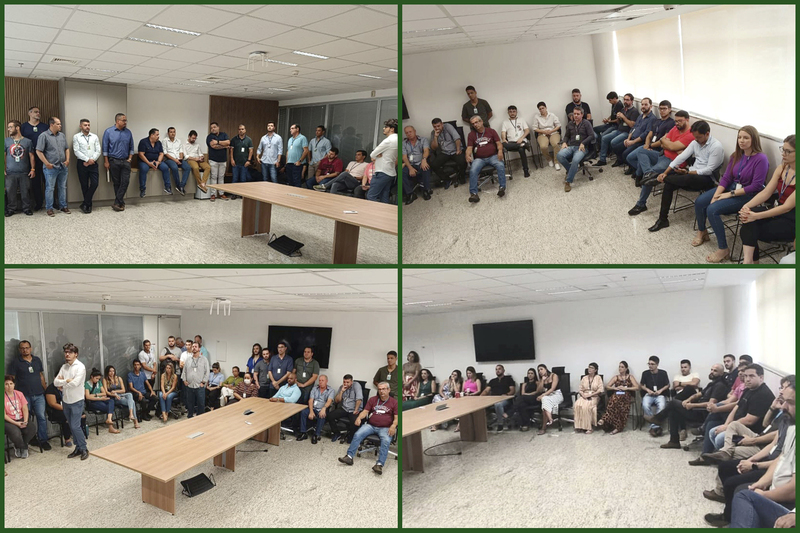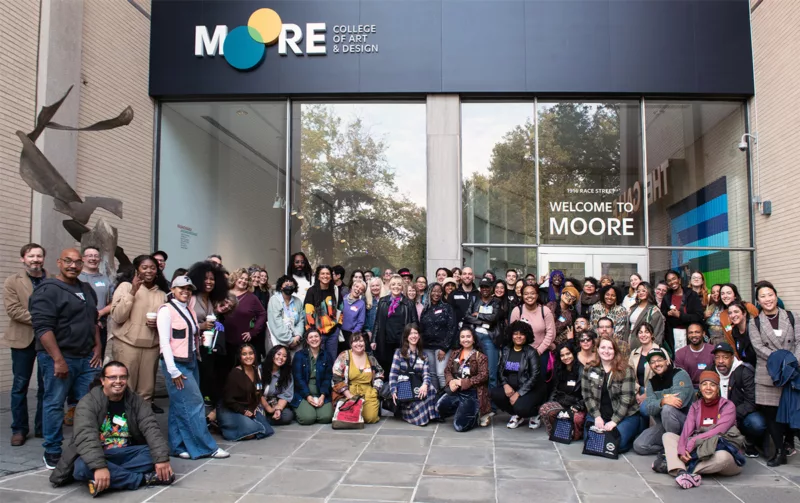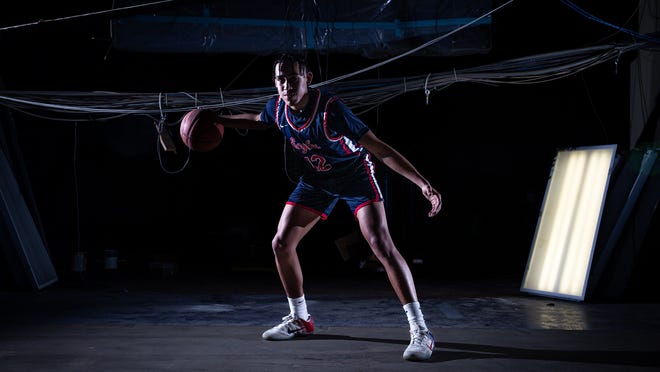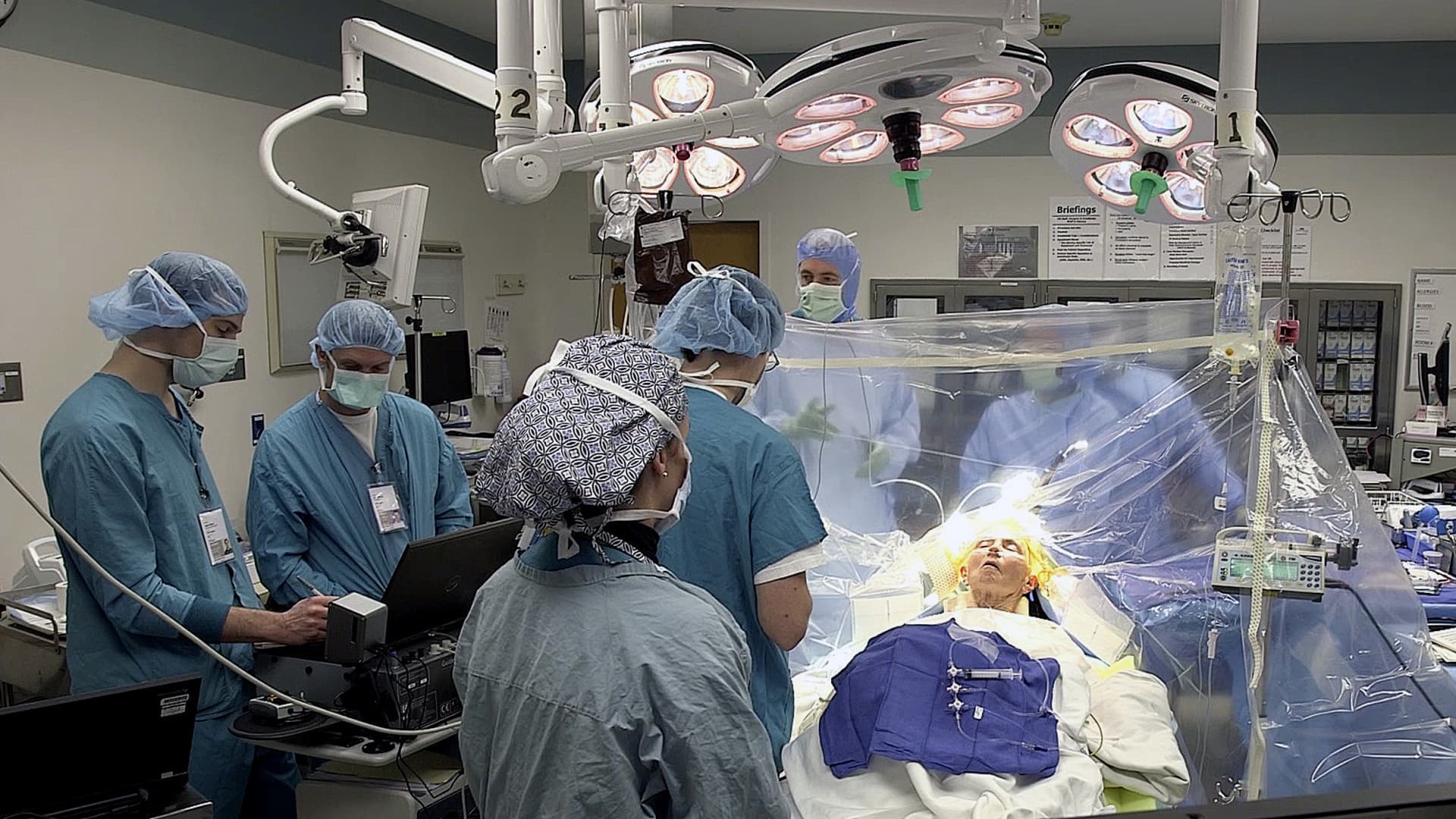-
Browns place Rodney McLeod on IR
The Browns have made a roster move with safety Rodney McLeod. Cleveland has placed McLeod on injured reserve, the team announced on Tuesday. McLeod suffered a season-ending biceps injury during the win over the Steelers. In 10 games with five starts, McLeod put up 29 total tackles with a pass defensed and two tackles for…
-
Diretoria de Tecnologia da Informação faz reuniões para otimizar atendimento às demandas e ambiente de trabalho

“Desenvolver serviços que melhorem a vida do maior número possível de pessoas – fazer coisas que importam”, disse o estudante Caio Vinícius Novaes, futuro cientista da computação, que sonha em trabalhar no Google. Caio tem 25 anos e é estagiário da Diretoria de Tecnologia da Informação da Assembleia Legislativa de Goiás. Se você “der um…
-
Washington state invests $30 million to bolster mental health services, reduce wait times

WASHINGTON — Washington state is investing nearly $30 million to address a longtime problem with increasing demand for state mental health services. It’s an issue the Washington State Department of Social and Health Services (DSHS) has been sued over in the past, with hundreds of people forced to wait several months to be admitted for…
-
Reflecting on Mural Arts’s “Created, Together.’ A National Assembly in Philadelphia

The “Created, Together.” national assembly, hosted by Mural Arts united artists, administrators, community members, and policymakers to exchange knowledge and promote community-centered art-making. Ryan deRoche experiences first hand the impact that extends beyond art creation, fostering mutual aid, community growth, and positive outlooks among participants, emphasizing lasting effects on the communities involved. This post is…
-
Can writing a diary protect your mental health?
By Harrison Jones BBC News PA Media Sir Patrick Vallance wanted his diaries to remain private When the government’s chief scientific adviser started a “brain dump” of diary entries on the Covid crisis in 2020, he says he did not expect – or want – it to be published. Instead, Sir Patrick Vallance said his…
-
London’s Carpentier scores 33, plus other top performers from Monday’s basketball games

Following are the top performers from this week’s high school basketball games. MONDAY GIRLS Marly Sanchez, San Diego: Scored a game-best 20 points in a win against King. Nicolette Gonzalez, Banquete: Scored 15 points in a win against Woodsboro. Malaigha Sweats, West Oso: Led West Oso with 25 points in a win against Kingsville. Zoe…
-
HAWKED entra em Acesso Antecipado em 30 de novembro

A desenvolvedora e distribuidora MY.GAMES anunciou hoje (21) que HAWKED está chegando ao Acesso Antecipado após um bem-sucedido Beta Aberto no PC e Cross-Play. Em 30 de novembro, HAWKED estará disponível no PC através do Launcher da MY.GAMES e pela Steam. A versão do jogo para consoles está prevista para o início de 2024. Os…
-
Can you hack your brain? These companies are driving innovation in the field of brain stimulation

Deep brain stimulation therapies have been around for decades, but a wave of at-home wearable devices has emerged, forging a pathway toward a new era of electrical brain stimulation that could enhance consumers’ everyday lives — not just treat severe disorders. “Until now, the use of brain stimulation techniques has been relatively restricted to treat…
-
Airlines prepare for Thanksgiving travel amid possible weather delays

Airlines prepare for Thanksgiving travel amid possible weather delays – CBS News Watch CBS News Stormy weather could upend travel for millions hoping to take advantage of the holiday weekend. CBS News senior transportation correspondent Kris Van Cleave reports from Newark Liberty International Airport in New Jersey. View CBS News In Be the first to…
-
‘Blackout Wednesday’ in US prompts drink-driving concerns

Copyright 2023 BBC. All rights reserved. The BBC is not responsible for the content of external sites. Read about our approach to external linking. Beta Terms By using the Beta Site, you agree that such use is at your own risk and you know that the Beta Site may include known or unknown bugs or errors, that…
